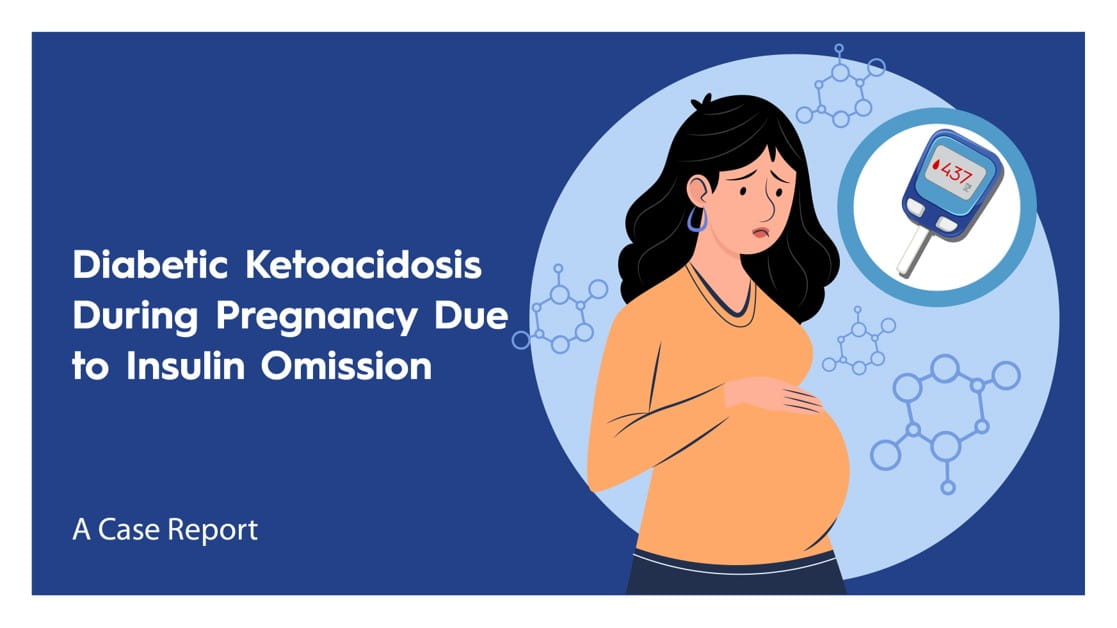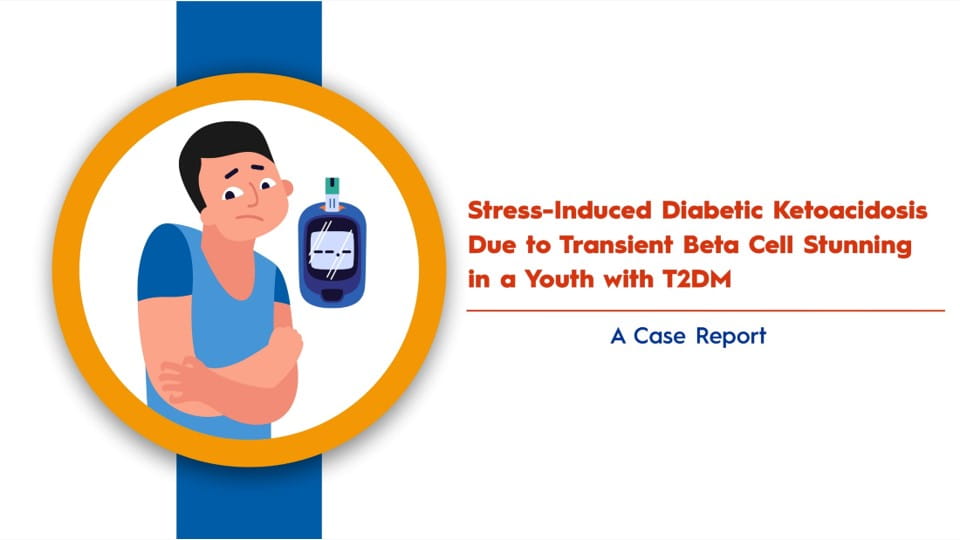SCCM 2025: Efficacy of Insulin Lispro Versus Regular Insulin in the Treatment of Hyperkalemia
Introduction
Hyperkalemia is a serious and potentially life-threatening condition that requires immediate intervention. IV insulin is commonly used to drive potassium into cells but poses a risk of hypoglycemia, particularly in patients with renal impairment. Rapid-acting insulins like lispro have a shorter half-life than regular insulin, which could be advantageous in this population. However, its effectiveness in managing hyperkalemia remains uncertain.
Method
This retrospective, observational, non-inferiority study analysed hyperkalemic patients admitted between June 1, 2023, and December 31, 2023. Adult patients receiving either IV lispro or regular insulin were included if they had a baseline blood glucose and a follow-up potassium level within three hours post-treatment. Exclusion criteria included prior hyperkalemia treatment within 24 hours, pregnancy, or incarceration. The primary objective was to compare potassium reduction between groups within three hours. Secondary objectives included assessing hypoglycemia risk, potassium-lowering effects in renal impairment, cardiac arrest incidence, and retreatment within 24 hours. A sample size of 501 patients (1:2 ratio) was required for 80% power with a non-inferiority margin of 20% (alpha = 0.025).
Results
A total of 501 patients were analyzed (335 in the regular insulin group, 166 in the lispro group). The average potassium reduction was 1.05 mmol/L (±0.62) for regular insulin and 0.95 mmol/L (±0.60) for lispro, meeting the non-inferiority margin (-0.06 mmol/L; 95% CI: -0.16 to 0.04; p=0.009). Hypoglycemia incidence in renal impairment was 2.2% for lispro vs. 4.3% for regular insulin (p=0.204). Cardiac arrest within 24 hours occurred in 0.6% of lispro patients vs. 0.3% in the regular insulin group (p=0.149). Retreatment rates were 4.2% for lispro vs. 4.5% for regular insulin (p=0.893).
Conclusion
Lispro demonstrated non-inferiority to regular insulin in lowering potassium levels. No significant differences were observed in the incidence of hypoglycemia, cardiac arrest, or the need for retreatment. In patients with acute hyperkalemia, IV lispro may serve as a safe alternative to regular insulin.
Critical Care Congress 2025, 23rd February - 25th February, 2025, Orlando, FL, USA




